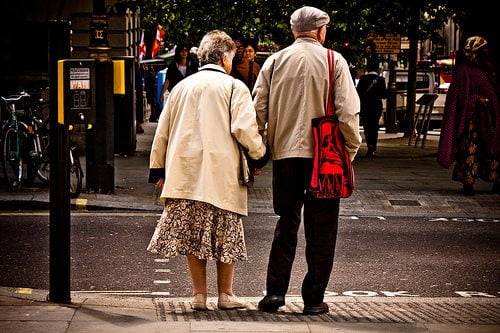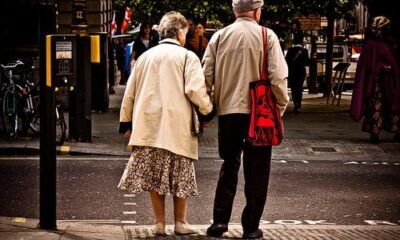

Energy
Excess Winter Deaths in England & Wales Highest Since 1999/00
An estimated 43,900 excess winter deaths occurred in England and Wales in 2014/15; the highest number since 1999/00, with 27% more people dying in the winter months compared with the non-winter months. The majority of deaths occurred among people aged 75 and over; there were an estimated 36,300 excess winter deaths in this age group in 2014/15, compared with 7,700 in people aged under 75.
‘Excess winter deaths’ is defined as the difference between the number of deaths which occurred in winter (December to March) and the average number of deaths during the preceding four months (August to November) and the subsequent four months (April to July). The World Health Organisation estimates that at least one third of ‘Excess Winter Deaths’ are caused by cold homes and fuel poverty.
There were more excess winter deaths in females than in males in 2014/15, as in previous years. Male excess winter deaths increased from 7,210 to 18,400, and female deaths from 10,250 to 25,500 between 2013/14 and 2014/15. Respiratory diseases were the underlying cause of death in more than a third of all excess winter deaths in 2014/15. The excess winter mortality index was highest in the South West in 2014/15 and joint lowest in Yorkshire and The Humber, and Wales.
Responding to new figures released today, Sophie Neuburg, Friends of the Earth fuel poverty campaigner, said: “These are appalling figures that ministers cannot ignore. The government’s refusal to invest properly in home insulation shows a callous disregard for the thousands of people who die each year because they can’t afford to heat their homes.
“A large-scale, publicly-funded energy efficiency programme is urgently needed to create jobs, cut emissions and save the lives of some of the UK’s most vulnerable people.”






















